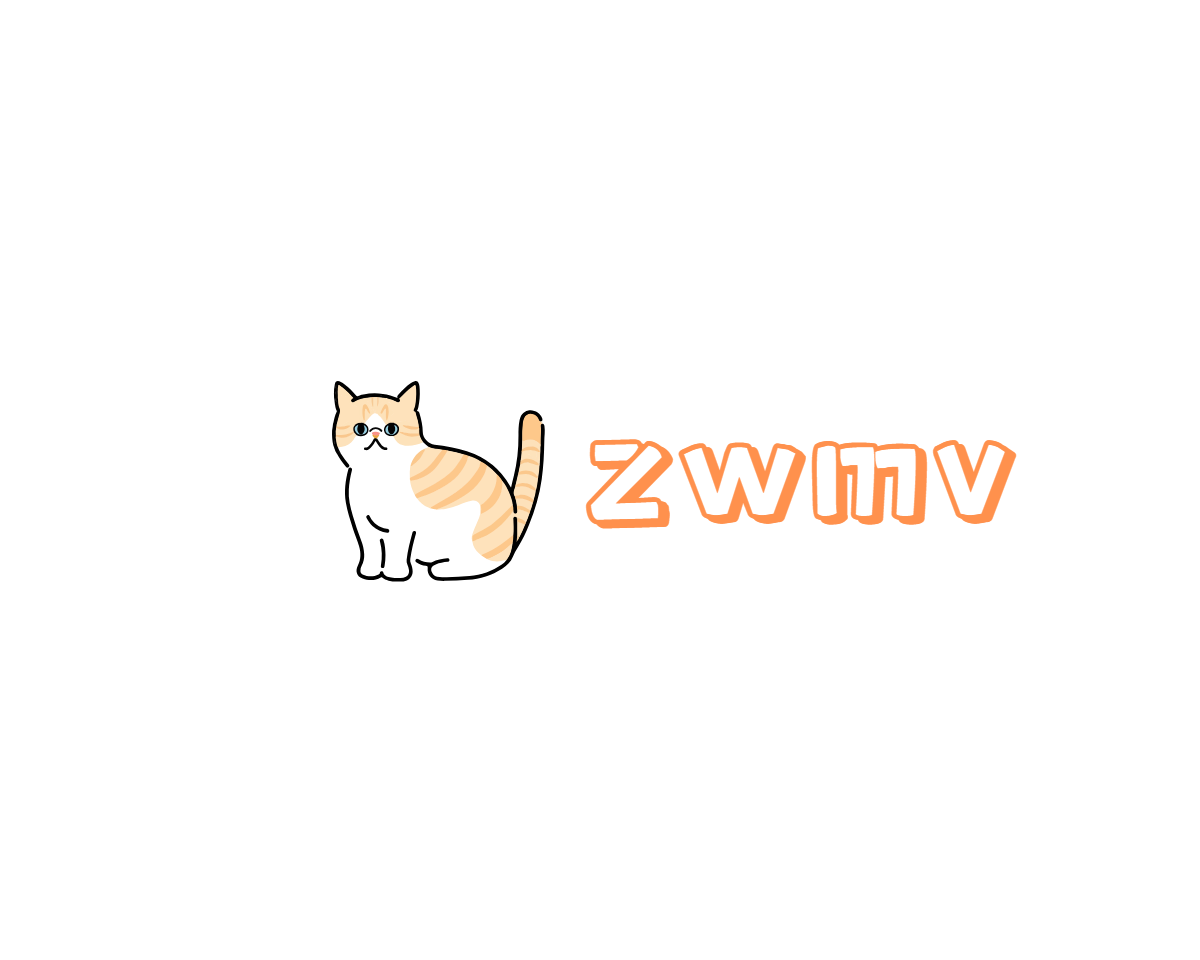Fat often gets a bad reputation, but it is a crucial component of your pet’s diet, providing essential fatty acids, energy, and support for various bodily functions. Whether you are caring for a dog, cat, or another type of pet, understanding the role of fat in their diet can help you make informed decisions about their nutrition. Fat plays an integral part in keeping your pet healthy, maintaining their coat and skin, and ensuring proper cellular function. In this article, we explore the role of fat in your pet’s nutrition, the different types of fats they need, and how to ensure they are getting the right balance.
Understanding the Basics of Fat in Pet Nutrition
Fats, also known as lipids, are one of the three primary macronutrients that pets need, alongside proteins and carbohydrates. Fats are a concentrated source of energy, providing more than twice the calories per gram compared to proteins and carbohydrates. They are also important for the absorption of fat-soluble vitamins—A, D, E, and K—which play essential roles in maintaining overall health.
Fats are made up of smaller units called fatty acids. Fatty acids can be divided into different categories, including saturated, monounsaturated, and polyunsaturated fats. Among these, some fatty acids are considered essential because your pet’s body cannot synthesize them, meaning they must be obtained through the diet.
Essential Fatty Acids: Omega-3 and Omega-6
Essential fatty acids (EFAs) are types of polyunsaturated fats that pets need for various biological processes. The two primary types of essential fatty acids are omega-3 and omega-6 fatty acids. Both of these play vital roles in maintaining skin health, immune function, and overall well-being.
1. Omega-3 Fatty Acids
Omega-3 fatty acids are known for their anti-inflammatory properties. They help support joint health, improve cardiovascular function, and promote healthy brain development. Omega-3s are particularly beneficial for aging pets or those with conditions such as arthritis, as they help reduce inflammation and improve mobility.
Sources of Omega-3s: Omega-3 fatty acids are commonly found in fish oil, flaxseed oil, and certain algae. The most important omega-3 fatty acids for pets are EPA (eicosapentaenoic acid) and DHA (docosahexaenoic acid), which are found in marine sources such as salmon, mackerel, and sardines.
2. Omega-6 Fatty Acids
Omega-6 fatty acids are important for promoting skin and coat health, supporting reproductive function, and aiding in cell growth. These fatty acids are necessary for maintaining a shiny coat and healthy skin, which is why they are often included in pet foods formulated for skin and coat health.
Sources of Omega-6s: Omega-6 fatty acids are typically found in plant-based oils such as sunflower oil, safflower oil, and corn oil, as well as in poultry fat. The most common omega-6 fatty acid in pet nutrition is linoleic acid, which is essential for dogs and cats.
Balancing Omega-3 and Omega-6: It is important to maintain the correct balance between omega-3 and omega-6 fatty acids in your pet’s diet. Too much omega-6 without enough omega-3 can lead to inflammation, while an appropriate balance can help keep the skin healthy and reduce the risk of chronic conditions. The ideal ratio of omega-6 to omega-3 fatty acids can vary depending on your pet’s species and health needs, but a ratio between 5:1 and 10:1 is often recommended for optimal health.
Benefits of Fat in Your Pet’s Diet
1. Energy Source
Fats are a concentrated source of energy, providing more than twice the energy of proteins or carbohydrates. This makes fat an important component of the diet, particularly for active pets, working dogs, and those involved in activities that require high endurance. The energy from fats helps maintain healthy body weight and supports daily activity levels.
2. Skin and Coat Health
A shiny coat and healthy skin are often signs of a well-balanced diet that includes sufficient fat. Omega-6 fatty acids help maintain skin hydration and prevent dryness, while omega-3 fatty acids help reduce inflammation and support the overall health of the skin barrier. Pets that do not receive enough essential fatty acids may develop a dull coat, dry skin, or experience excessive shedding.
3. Absorption of Fat-Soluble Vitamins
Fats play an essential role in the absorption of fat-soluble vitamins—A, D, E, and K. These vitamins are important for a wide range of functions, including vision, immune health, blood clotting, and bone health. Without adequate fat in the diet, pets may be unable to properly absorb these vitamins, leading to potential deficiencies and related health issues.
4. Cell Structure and Function
Fats are a major component of cell membranes, helping to maintain the structure and fluidity of cells. Fatty acids are also involved in the production of hormones and eicosanoids—compounds that play a role in immune function and inflammation. This means that fats are not only a source of energy but are also crucial for overall physiological health.
How Much Fat Does Your Pet Need?
The amount of fat your pet needs in their diet depends on several factors, including their age, activity level, and overall health. Puppies and kittens generally require more fat than adult pets because they are growing rapidly and need extra energy to support that growth. Active dogs, such as working or hunting dogs, also require higher fat content in their diet to fuel their increased energy needs.
On the other hand, senior pets or pets with certain health conditions, such as pancreatitis or obesity, may require lower fat levels. It is important to work with your veterinarian to determine the appropriate fat content for your pet’s specific needs, especially if they have health concerns that require dietary adjustments.
Signs of Fat Deficiency or Excess
Fat Deficiency
If your pet’s diet lacks sufficient fat, you may notice several signs of deficiency, including:
- Dry, flaky skin
- Dull or brittle coat
- Excessive shedding
- Low energy levels
- Weight loss
Fat deficiency can compromise your pet’s immune system, making them more susceptible to infections and slowing down wound healing. Ensuring that your pet’s diet contains the necessary fats is essential for maintaining good health and vitality.
Excess Fat
While fats are essential, too much fat can lead to health issues, particularly in pets that are not very active. Signs of excess fat in the diet include:
- Weight gain or obesity
- Diarrhea or digestive upset
- Pancreatitis (inflammation of the pancreas, often associated with high-fat diets)
Pancreatitis is a serious condition that can cause symptoms such as vomiting, abdominal pain, and lethargy. If you suspect your pet is consuming too much fat, consult your veterinarian to make dietary adjustments.
Choosing the Right Fats for Your Pet
When selecting pet food, it is important to choose products that include high-quality fat sources. Look for pet foods that list animal fats (such as chicken fat or fish oil) and plant-based oils (such as sunflower oil or flaxseed oil) in the ingredient list. These sources provide the essential fatty acids that pets need to maintain optimal health.
Avoid pet foods that contain low-quality fat sources, such as unnamed animal fats or hydrogenated oils, as these can be less beneficial for your pet’s health. Additionally, it is important to ensure that your pet’s diet includes a proper balance of omega-3 and omega-6 fatty acids to promote a healthy inflammatory response and overall well-being.
Supplements for Added Fatty Acids
If you are concerned that your pet may not be getting enough essential fatty acids, you may want to consider adding a supplement to their diet. Fish oil supplements are a popular choice for adding omega-3 fatty acids, while flaxseed oil can be used for both omega-3 and omega-6 supplementation. When adding supplements, it is crucial to consult your veterinarian to determine the correct dosage and ensure that the supplement is appropriate for your pet’s needs.
Supplements can be particularly beneficial for pets with specific health issues, such as arthritis, skin allergies, or inflammatory conditions. Omega-3 supplements, for example, are often recommended for dogs with joint pain or for cats with inflammatory bowel disease.
Final Thoughts on the Role of Fat in Pet Nutrition
Fat is an essential component of your pet’s diet, providing energy, supporting skin and coat health, aiding in the absorption of vitamins, and maintaining cellular function. By ensuring that your pet’s diet contains high-quality fat sources and the right balance of omega-3 and omega-6 fatty acids, you can support their overall health and well-being. Remember to monitor your pet for signs of fat deficiency or excess, and always consult your veterinarian before making significant changes to their diet or adding supplements.








